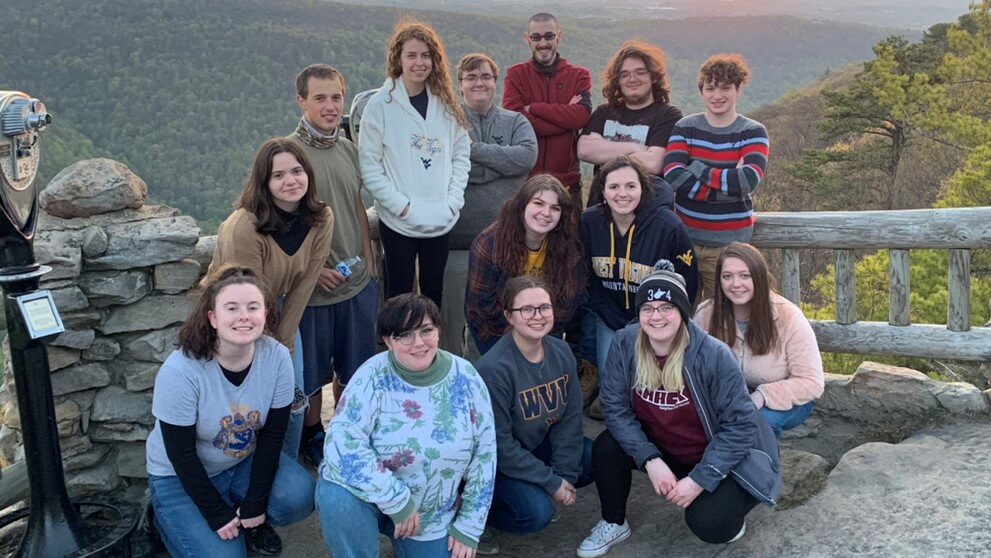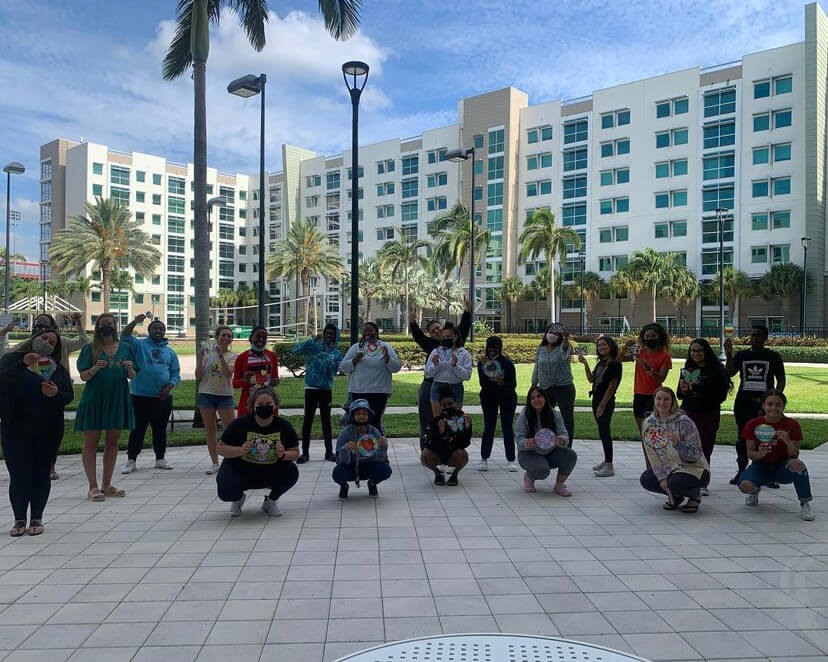Throughout my undergrad career, I have served on executive boards for 3 different clubs and served Chapter President for one. Having this experience has allowed me to understand what it takes to truly have a successful college club. Although every organization is different, the steps it takes to be successful are similar. Below are 11 tips that can help take any college club from good to great.
1) Brainstorm ideas ahead of time
If you have the opportunity to do so, brainstorm ideas for your club before the semester starts. This can be a huge time saver and stress relief. To accomplish this, have your executive board meet on Zoom during the summer or during winter break prior to the semester start. By brainstorming your ideas ahead of time, you will have an idea of what exactly your club offers so that you can encourage others to join. This also will save you time in the future, so you can just be at your club events instead of stressing about what your next meeting will contain. Members can tell if a club planned something ahead of time or was put together last minute.
2) Pay attention to your members
While you may have a million different ideas for your club, your members may not be a fan of all of them. Try to vary your events early on so that you can gauge what activities your members enjoy most and use that feedback to shape what your club offers. Make sure to include members as much as possible, especially if you’re a virtual club. It will be more engaging and will give them more to talk about when other students and employers ask them what they do in the club.
3) Don’t underestimate word of mouth marketing
Besides just posting flyers about your events, the executive board members need to share your events with their friends and classmates. You can also see if your professors will share your flyers or let you talk about your bigger events during classes that are of relevant subject matter to your club. A student may be more likely to attend your event if they hear about it from a friend, rather than just seeing it posted on the bulletin board.
4) Get inspiration from others
Pay attention to the actions and activities of other clubs on your campus and clubs from other colleges that provide a similar experience. Strive to stay up to date with trends in the specific industry that your club revolves around, or even current events. Inspiration can come from anywhere!
5) Change it up
Regardless of what your club is, a little change can be very refreshing. That’s not to say that you have to drastically change the activities that you offer, although you certainly could if you want to. But perhaps there’s a way to improve how you carry out your original activities. For instance, maybe your club has fundraisers at the same restaurant every year. Consider holding the event at another restaurant. A simple change of location can breathe new life into an annual event.
6) Make it more than a resume builder
The number one thing that makes a great college club is the executive board. No matter what the reputation of your club is, the executive board has the ability to hold or change that. Be willing to put in the work, not just list the position on your resume. The best clubs put their members first and know that their work will help keep the club running for years after their terms have ended.
7) Stay organized
There are so many dates, times, and documents to keep track of when you’re on an executive board. Keep it all in one place that every member can access. This will reduce confusion and you’ll all be able to find everything when you need it. I highly recommend using Google Calendar and Google Drive for all of your club’s organization needs.
8) Do your checks and balances ahead of time
While normal member meetings may not require this, running a large event has a lot of moving pieces. Make sure that you talk to the necessary parties WAY in advance. Each piece takes time and the more time that you give yourself, the better your results will be.
9) Don’t burn yourself out
While it’s great to have tons of ideas, a club’s members have midterms, finals, and holidays to attend to. Keep these dates in mind to avoid having events during these times, if possible. Your members will appreciate having that time to themselves. In addition to this, gauge how everyone on the executive board is feeling. Do they seem burnt out? If the answer is yes, try to build in a week with no events or meetings to give everyone break. This can really re-energize the board.
10) Help each other
While everyone on an executive board has their own tasks to accomplish, some tasks involve more work than others. If you have the chance to help someone, help them. This will create a better bond between you and the other executive board member, and the task will be less stressful and more successful.
11) Plan for transitions
There’s a lot of knowledge gained from being on an executive board. You learn what works and what doesn’t work, what struggles and opportunities the club has, important club requirements, and much more. If your club’s former executive board has to learn all of this on their own, they are bound to miss out on potential opportunities and repeat past mistakes. To make sure that this doesn’t happen, have each former executive board member train the incoming board member for their position. This will be immensely helpful and result in greater success for the club.
While this may seem like a lot to remember, the basic idea comes down to putting your people first. That includes both other executive board members, as well as your general club members. If you continuously work to put them first, everything else will fall into place.
Do you have a compelling story or student success tips you’d like to see published on the Pearson Students blog? If you are a college student and interested in writing for us - click here to pitch your idea and get started!








